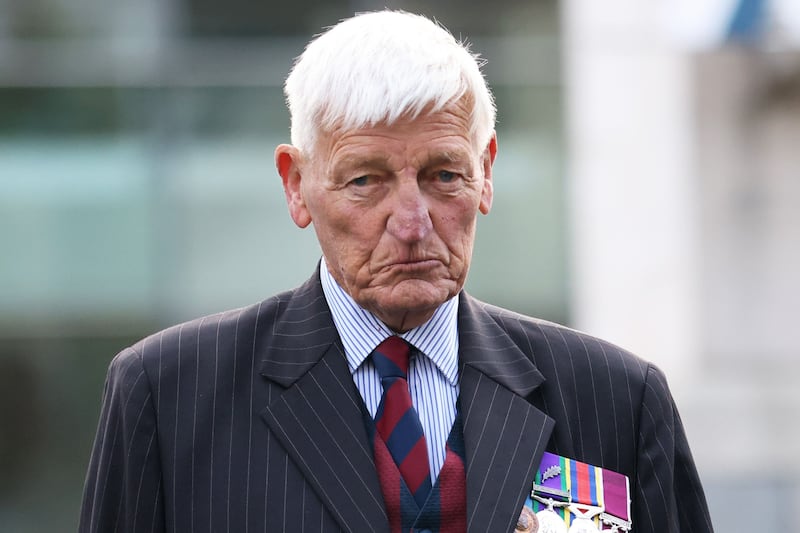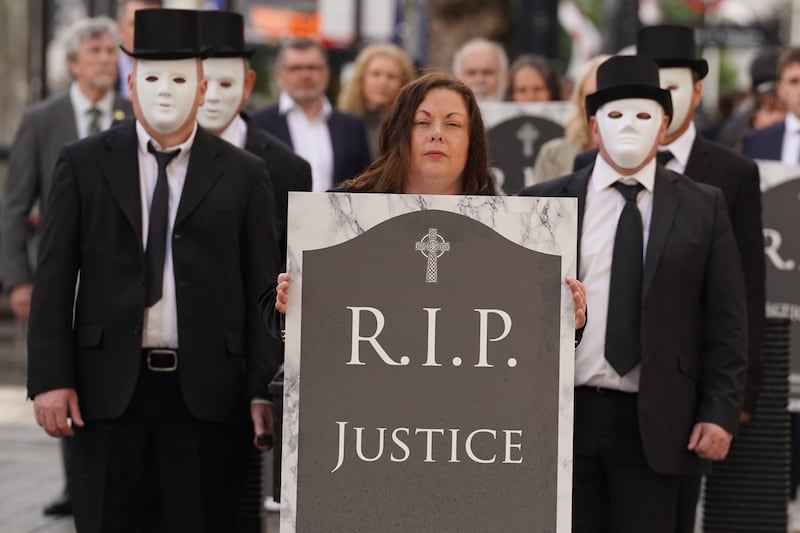The lamentable Boris Johnson is widely regarded as the worst British prime minister in living memory. (Liz Truss at least had brevity on her side.) And although he has been booted out of office, it will take some time for the stench of his malodorous tenure in Downing Street to clear.
One of the most obnoxious Johnson policies became law in September as the Northern Ireland Troubles (Legacy and Reconciliation) Act.
Announcing it in the House of Commons in July 2021, Mr Johnson was clear that its main purpose was to protect soldiers in particular from being brought before the courts for Troubles-related killings.
"The sad fact remains that there are many members of the armed services who continue to face the threat of vexatious prosecutions well into their 70s and 80s and later, and we are finally bringing forward a solution to this problem," he said, adding in the same breath that this would "enable the province of Northern Ireland to draw a line under the Troubles, to enable the people of Northern Ireland to move forward..."
It was a classic piece of Johnsonian claptrap. Preventing veterans – or police officers or paramilitaries for that matter – from prosecution might be good news for soldiers, but it is impossible to see how simply making this so "draws a line" under anything for victims and their loved ones, or contributes to some wider sense of 'moving forward'.
Offering an amnesty to perpetrators is not synonymous with advancing the causes of truth, reconciliation and justice. Little wonder every victims' group and political party in the north, as well as human rights organisations and the Irish government, has strenuously opposed the legislation, which is being challenged in the courts.
All legacy matters are being swept into the Independent Commission for Reconciliation and Information Recovery (ICRIR). Its investigations will be led by Peter Sheridan, formerly a senior PSNI officer and head of Co-operation Ireland.
Mr Sheridan has accepted that this latest approach to legacy has indeed been designed around protecting former British soldiers. The ICRIR has distanced itself from the comments, saying he was speaking in a personal capacity.
The government and ICRIR would like the narrative around the new system to focus on how it will serve truth and reconciliation. It still needs to explain how it can help families find answers do that from legislation conceived to protect perpetrators from prosecution.







